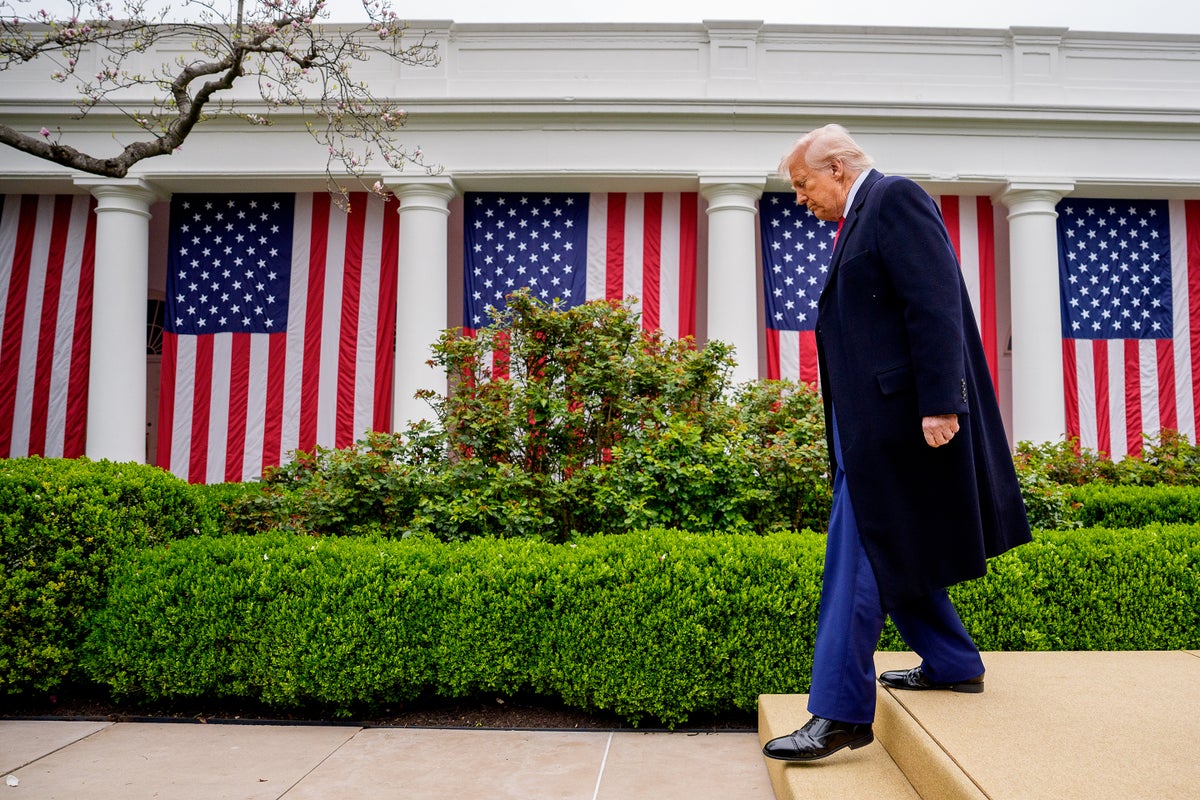Now Reading: Trump Order Proposes Political Oversight on Science Funding
-
01
Trump Order Proposes Political Oversight on Science Funding
Trump Order Proposes Political Oversight on Science Funding

Speedy Summary
- U.S. President Donald Trump issued an executive order titled “Improving Oversight of Federal Grantmaking” that centralizes control of research grant processes under political appointees.
- political appointees will oversee the full grant lifecycle, replacing career civil servants and scientists, wiht a focus on aligning grants with Trump’s policy priorities.
- The order halts new funding opportunities until agencies revise their grant-review processes.
- Restrictions imposed by the EO include prohibiting grants promoting “illegal immigration,” “racial preferences,” or denying that sex is binary, among others. Critics argue these restrictions contradict Congressional mandates requiring broader inclusion in science.
- The EO prioritizes granting funds too institutions adhering to Trump’s gold-standard science plan and those with lower indirect-cost rates (e.g., administrative costs).
- Peer review will remain advisory but subject to oversight by political appointees, raising concerns about potential erosion of scientific autonomy and objectivity in federal research funding.
- Critics in the scientific community have called the EO a “power grab” undermining open inquiry; others worry it diminishes program officer autonomy at agencies like NIH and NSF.
Indian Opinion Analysis
This executive order has profound implications for global scientific collaboration. india should closely observe how centralized political oversight impacts U.S.-funded science programs, particularly collaborations between Indian researchers and institutions like HIV or biomedical research projects funded by NIH.
The focus on aligning grants solely with government priorities may signal a shift away from open inquiry towards ideologically driven agendas-a precedent countries including India must evaluate carefully as they shape their respective policies regarding research funding integrity.Maintaining unbiased peer-reviewed systems remains essential for ensuring scientific fairness globally while safeguarding against restrictions tied to sociopolitical stances that could stifle diverse contributions across borders.
























